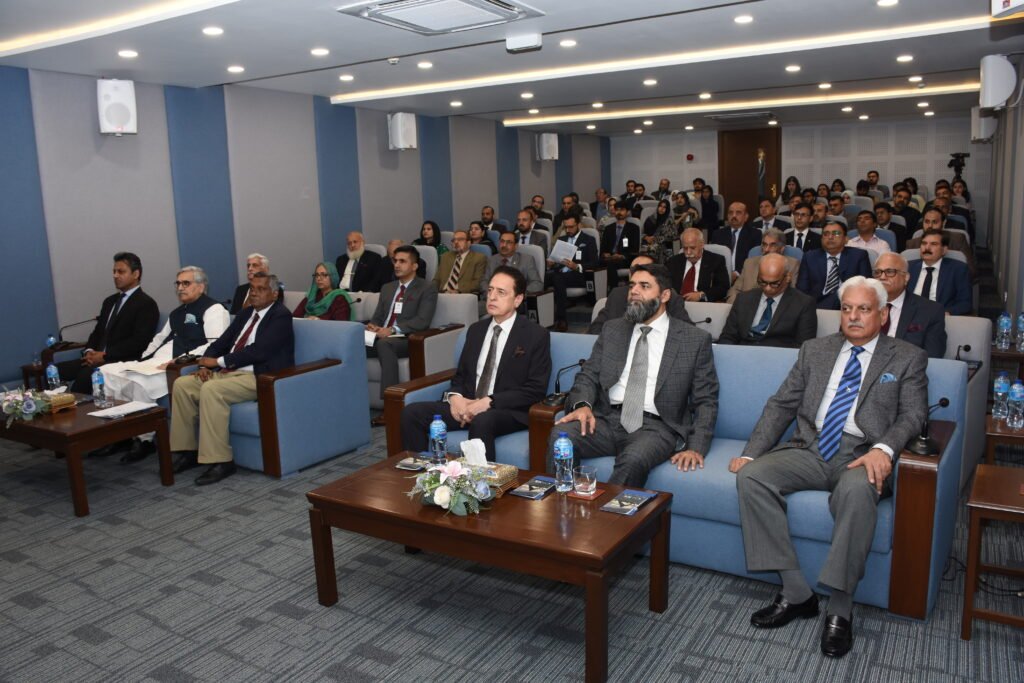
Seminar
Democratic Transition and Political Security: Challenges and Opportunities for Pakistan
About The Event
Democratic governance and political security are crucial for a nation’s stability and progress. Pakistan’s political landscape has been marked by challenges stemming from political instability and institutional dynamics. Despite these hurdles, the country continues to progress democratically, with successive parliamentary transitions contributing positively to its journey of democratic consolidation.
The interaction between democratic transition and political security in Pakistan is influenced by a range of internal and external factors. Internally, political polarisation, institutional weaknesses, corruption, and socio-economic disparities hinder democratic progress. Externally, evolving regional dynamics and shifts in the global power structure also affect Pakistan’s political security. Given the importance of the issue, it is essential to thoroughly analyse the challenges and opportunities related to democratic transition and political stability.
Against this backdrop, the Centre for Aerospace and Security Studies (CASS), Lahore, organised a seminar titled, “Democratic Transition and Political Security: Challenges and Opportunities for Pakistan,” that was held on 17 October 2024. The key areas of focus included the historical context of democratic transitions, current political developments, internal and external forces shaping political stability, and pathways to democratic consolidation, with a special emphasis on the role of youth.
The event enhanced understanding, identified challenges and opportunities, and provided actionable policy recommendations for strengthening democracy and political security in Pakistan. This understanding is vital for policymakers, academics, and practitioners to address these issues and foster a stable and democratic political environment.

Key Takeaways
- Constitution: An Asset
After a long and arduous evolutionary journey, Pakistan’s constitution has developed into the nation’s biggest asset and a guarantor of political security and national survival.
- Robust Election Commission
The Election Commission of Pakistan (ECP) has evolved into a permanent and robust institution. Although the performance of the ECP can be debated, its structure is in many ways better than that of several cherished democracies.
- Bloodlines and Dynastic Politics
Most of the political parties are individual or families centric which represent a weakness in our political culture. This has led to the limiting of opportunities for new entrants and reinforced elite privilege.
- Timelines and Digital Media
The advent of social media has transformed a common man from a content consumer to content creator which has empowered voices but also introduced misinformation, polarisation, and echo chambers, heightening societal divisions.
- Fault Lines in the Political Landscape
Social polarisation, provincial differences, divide between ‘digital natives’ and ‘digital aliens’, economic disparity between elite and the working class and educational rift are major contours of political instability in the country.
- Political Education and Traditional Politics
The popularity of traditional politicians who are more involved in trivial but flashy development projects at constituency level reflects voter satisfaction with such a system where legislative performance takes a back seat. It underscores the need for political and civic education for voters.
- Religious and National Identities at Crossroads
A clear demarcation between religious and political identities within the political system is a prerequisite for ensuring a participatory governance structure.
- Resources Distribution
The challenge of provincial autonomy in achieving an equitable distribution of resources between the federation and provinces remains unresolved, leaving a weakened federation lacking the necessary resources to ensure stability and security.
Policy Considerations
- Intra-party Democracy
Political parties need to strengthen internal democracy and transparency as an imperative to strengthen their institutional foundations, rebuild public trust and promote active political participation.
- Manage Digital Media and Misinformation
Develop a single national strategy to implement existing cyber laws for combating fake news, reducing online echo chambers, and preparing for AI’s potential impact on information and politics. This approach aims to mitigate societal polarisation in the digital age.
- Inter-institutional Grand Dialogue
An inter-institutional grand dialogue is necessary to chalk down a consensus based framework to ensure that every institution of the state adheres to its constitutional mandate.
- Civic and Political Education
Based on Quaid-e-Azam’s vision of religious freedom and the importance of political and civic education, there is a pressing need to incorporate the ideals of democracy, human rights, and pluralism into the national curriculum. This will empower individuals to participate constructively in democratic processes and cultivate a more inclusive society.
- Foster Good Governance
Prioritise good governance and economic self-sufficiency by adopting sustainable policies that reduce foreign debt and focus on human development to foster a culture of accountability and transparency.
- Addressing Elitism and Empowering Youth
To foster youth inclusion and dismantle elitism limiting upward mobility, strategies should boost youth participation in law making and public administration. These steps will help restore institutional trust and curb brain drain.
- Dual Strategy for Stability
A targeted dual strategy should be devised, distinguishing between aggrieved groups that can be reintegrated through political engagement and irreconcilable militant groups that require security measures.
- Equitable Resource Allocation
There is a need to allocate resources to federation, provinces and local governments in an equitable manner which will allow the legislators to concentrate on broader national issues by mitigating grievances and fostering national unity.

Post Event Report
A comprehensive report capturing expert analyses, strategic insights, key recommendations, media coverage, and event highlights.
Guest Speakers

Mr Ahmed Bilal Mehboob
President, Pakistan Institute of Legislative Development and Transparency
Mr Fahad Hussain
President, Aik News Digital


Dr Moonis Ahmar
Meritorious Professor, University of Karachi
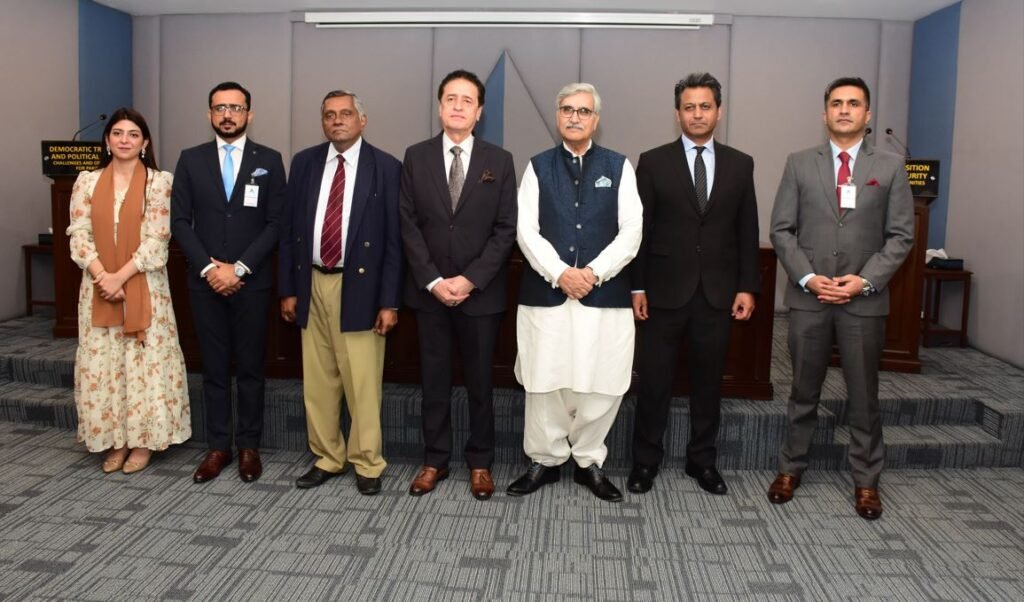
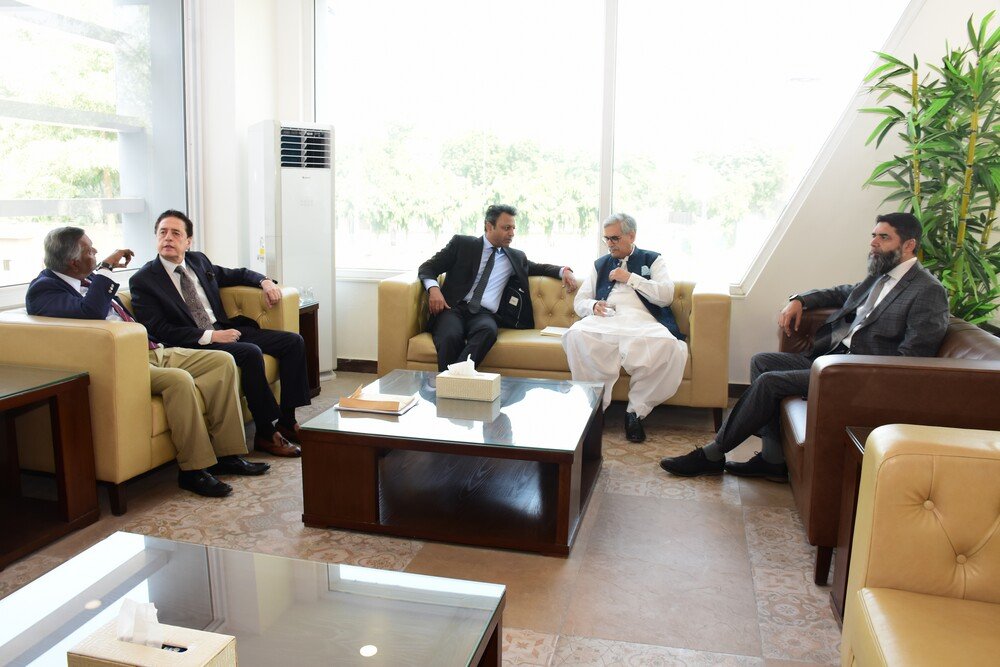


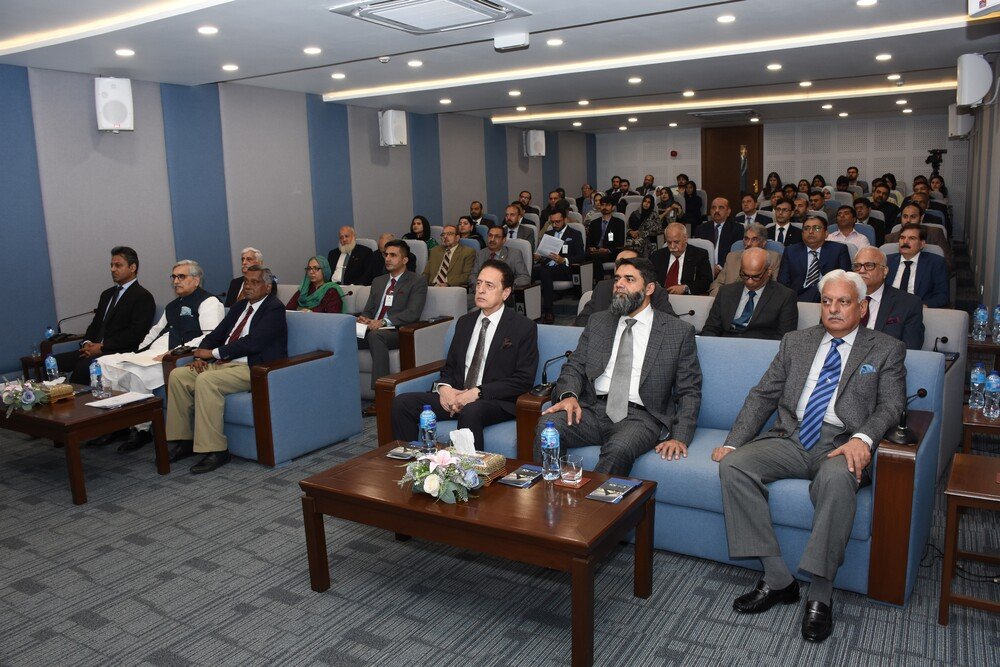


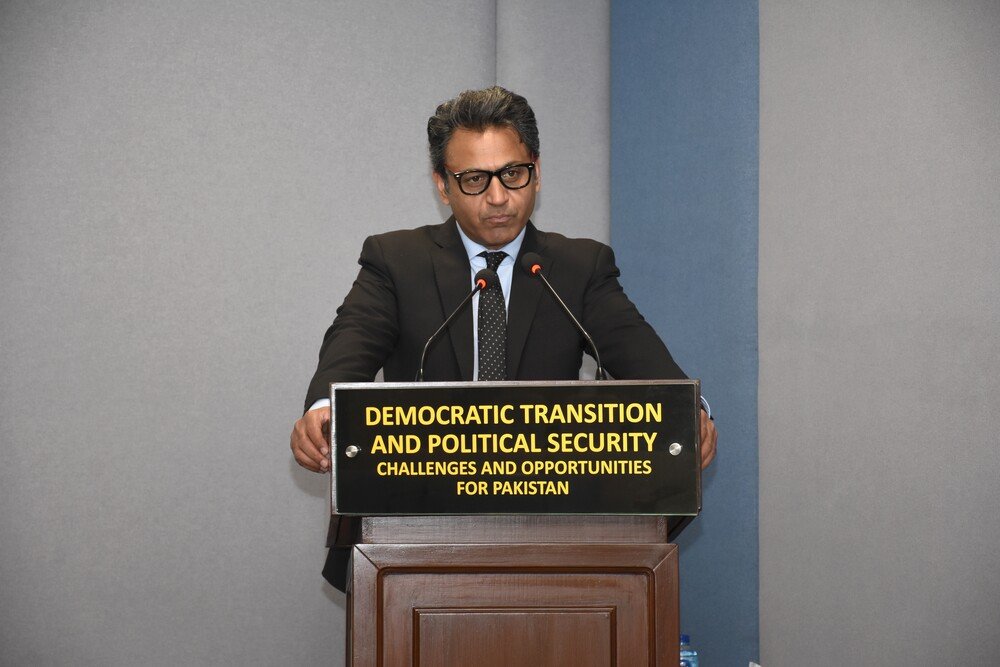
CASS LAhore

The Centre for Aerospace & Security Studies (CASS) was established in July 2021 to inform policymakers and the public about issues related to aerospace and security from an independent, non-partisan and future-centric analytical lens.
CASS Newsletter

@2025 – All Right Reserved with CASS Lahore.
- Home
- About Us
- Research Domains
- Publications
- Events
- Gallery
- Contact Us
@2021 - All Right Reserved. Designed and Developed by PenciDesign






